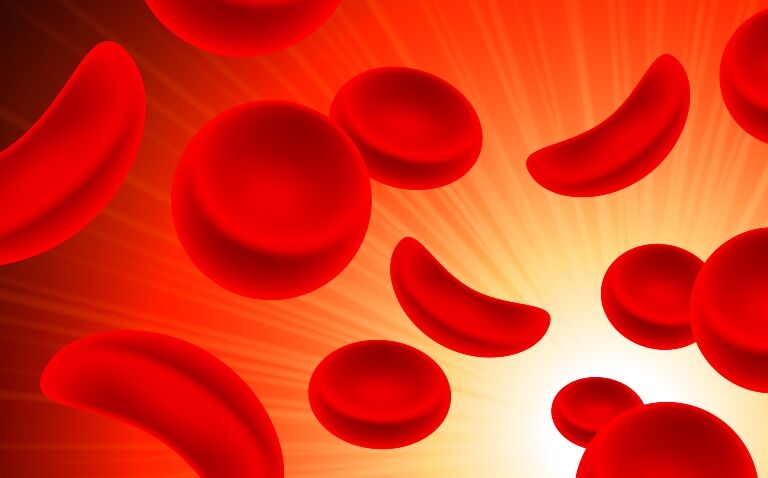The first-of-its-kind gene-editing treatment exagamglogene autotemcel (exa-cel, brand name Casgevy) has been granted conditional marketing authorisation by the Medicines and Healthcare products Regulatory Agency (MHRA) for the treatment of sickle cell disease and transfusion-dependent beta thalassemia (TDT).
Exa-cel is now approved for use in eligible patients aged 12 and over with sickle cell disease who have recurrent vaso-occlusive (VOC) crises, or TDT for whom a human leukocyte antigen-matched related hematopoietic stem cell donor is not available.
A genetically modified autologous CD34+ cell-enriched population, exa-cel contains human hematopoietic stem and progenitor cells edited ex vivo by CRISPR/Cas9 at the erythroid-specific enhancer region of the BCL11A gene.
The edited stem cells are then infused back into the patient to restore healthy haemoglobin production.
The innovative gene-editing tool CRISPR gained its inventors the Nobel Prize in 2020.
Professor Josu de la Fuente, professor of practice (cellular and gene therapy) at Imperial College London, and consultant haematologist at Imperial College Healthcare NHS Trust, said: ’This is a world-first and a significant moment for researchers, clinicians and, most of all, people with sickle cell disease and beta thalassaemia.
’These are inherited blood disorders which have a huge impact on people’s lives, including many people from our local community. This authorisation offers a new option for eligible patients who are waiting for innovative therapies.’
He added: ’I look forward to patients having access to this therapy as quickly as possible.’
The UK is the first country in the world to approve gene editing as a potential cure for these two inherited blood disorders. There are an estimated 2,000 patients eligible for Casgevy treatment across the country.
Life-long benefits in sickle cell disease
The MHRA approval was based on the results of two global clinical trials. Looking at exa-cel in both sickle cell disease and TDT, the trials met their respective primary outcome of becoming free from severe VOCs or transfusion independent for at least 12 consecutive months.
Once achieved, these benefits were potentially expected to be life-long.
The safety profile of 97 patients with SCD and TDT treated to date with Casgevy in these ongoing studies is generally consistent with the traditional treatments of myeloablative conditioning with busulfan and hematopoietic stem cell transplant.
Professor de la Fuente, who was also the chief national investigator of the UK arm and steering committee member of the two studies, said: ’I’m proud to have contributed to the development of the studies and be leading the UK arm. I am very grateful to my colleagues both at the Trust and the other centres involved in the trials and patient selection for their hard work, but most of all to the patients for their willingness to explore innovative therapies and their daily inspiration.’
Julian Beach, interim executive director of healthcare quality and access at the MHRA, added: ’Both sickle cell disease and beta thalassemia are painful, life-long conditions that in some cases can be fatal. To date, a bone marrow transplant – which must come from a closely matched donor and carries a risk of rejection – has been the only permanent treatment option.
He added: ’The MHRA will continue to closely monitor the safety and effectiveness of Casgevy, through real-world safety data and post-authorisation safety studies being carried out by the manufacturer.
’I would like to thank the patients with lived experiences who engaged with us as part of the assessment process and gave us valuable insight into their lives and the challenges of managing their condition.’
The manufacturer Vertex Pharmaceuticals is working closely with the National Institute for Health and Care Excellence to secure access for patients as soon as possible.
Exa-cel is also under review by the European Medicines Agency and other global regulators.










